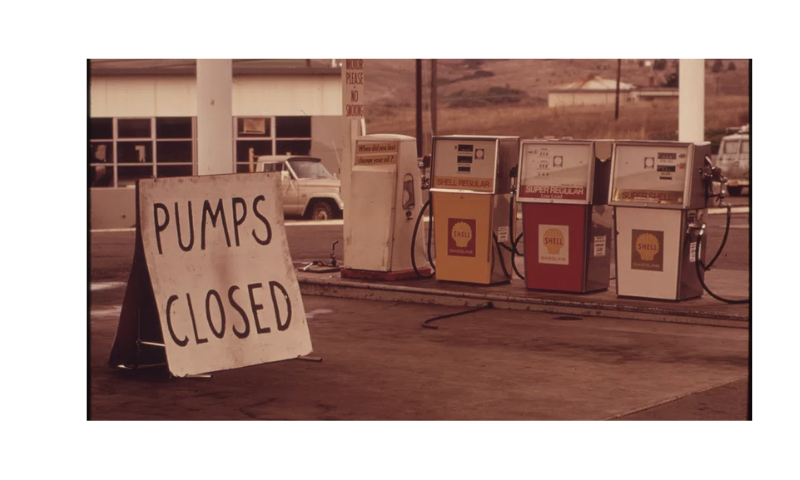Edward Kunz
Origins, Sept. 25, 2023
“The Nixon administration had to justify supporting Israel in the face of a global economic downturn. The OPEC nations demanded an “evenhanded” American mediation between Israel and its neighbors to end the embargo.”
On October 6, 1973, the Yom Kippur War erupted in the Middle East when Anwar Sadat’s Egypt and Hafez al-Assad’s Syria launched a joint attack on Israel’s southern and northern borders. As the war progressed, Arab states in the Organization of Petroleum Exporting Countries (OPEC) deployed the “oil weapon” against Israel’s allies, imposing an embargo against any nation aiding Israel.
The embargo, lasting from October 1973 to March 1974, targeted Canada, Japan, the Netherlands, Portugal, Rhodesia, South Africa, the United Kingdom, and the United States. It and the broader Yom Kippur War further inflamed Cold War tensions between the United States and the Soviet Union while also threatening the global economy.
Before the war’s outbreak, Israel and its Arab neighbors had been at war for twenty-five years. The Arab nations adopted a strict policy against Israel based on the “three no’s”: no peace with Israel, no recognition of Israel, no negotiations with Israel. These policies, along with failed international mediation, made peace impossible.
During the Six-Day War of 1967, Egypt lost the Sinai Peninsula to Israel and Syria forfeited the Golan Heights. Both nations desired to retake these locations. Egypt and Syria chose the Jewish holiday of Yom Kippur to launch their attack against Israel, catching the nation off guard. The Arab nations aimed to recapture key territories and force a settlement through international mediation.
… [To read the full article, click here]


